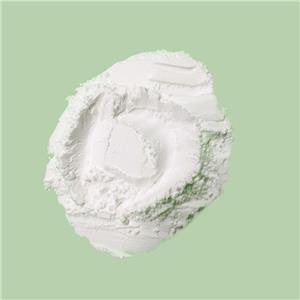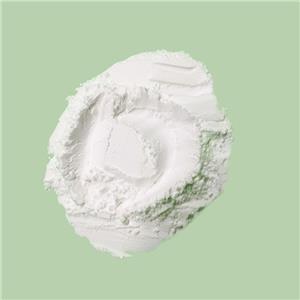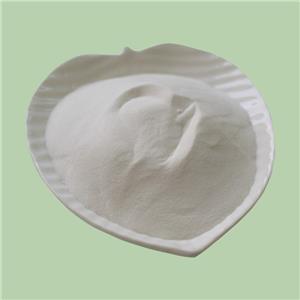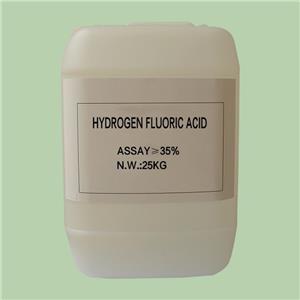Fluorotitanic Acid—Essential Catalyst in Titanium Metal Manufacturing
Fluorotitanic acid, a chemical compound with the formula H2TiF6, plays a crucial role in the industrial production of titanium metal. Titanium, known for its exceptional strength-to-weight ratio, corrosion resistance, and biocompatibility, finds applications in various industries ranging from aerospace to healthcare. Understanding how fluorotitanic acid is utilized in the production process is fundamental to appreciating the significance of this compound in modern industrial practices.
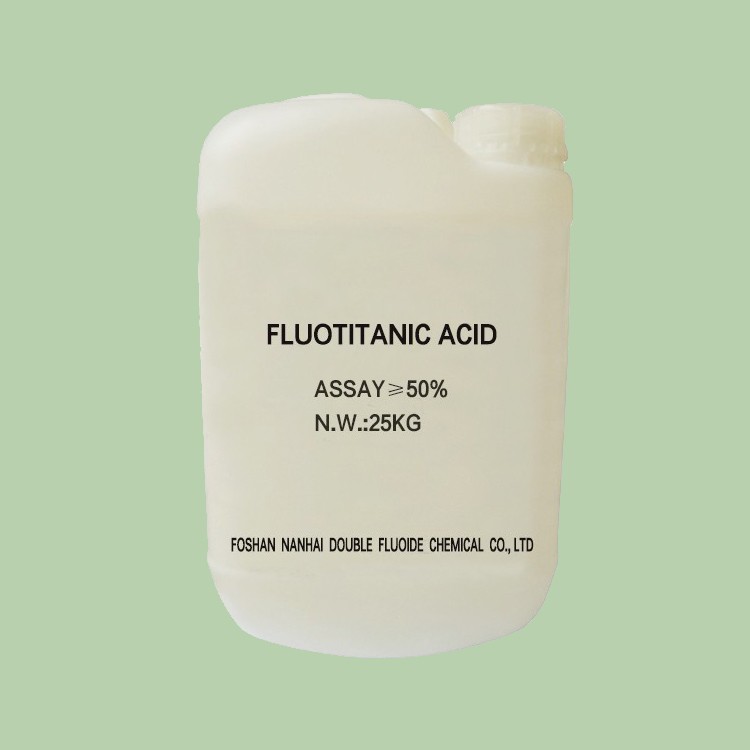
Application of Fluorotitanic Acid in Titanium Production:
Fluorotitanic acid is primarily utilized in the extraction and purification of titanium metal from its ores, which are primarily oxides such as rutile (TiO2) and ilmenite (FeTiO3). The production process involves several steps:
1、Chlorination: The titanium-bearing ores are first converted into titanium tetrachloride (TiCl4) through a chlorination process. This step involves heating the ores with chlorine gas (Cl2) in the presence of carbon as a reducing agent.
2、Reduction: In the presence of a reducing agent such as magnesium (Mg) or sodium (Na), titanium tetrachloride is reduced to titanium metal. This reduction process typically occurs at high temperatures in a reactor furnace.
3、Fluorination: Fluorotitanic acid comes into play during the purification stage. The crude titanium metal obtained from the reduction step often contains impurities and residual chlorine. Fluorination involves treating the crude titanium metal with fluorotitanic acid, leading to the formation of volatile titanium tetrafluoride gas, which can be easily separated from the purified titanium metal.
4、Distillation: The titanium tetrafluoride gas is then subjected to distillation to separate it from other by-products and impurities.
5、Reduction to Metal: Finally, the purified titanium tetrafluoride is reduced back to titanium metal using magnesium or sodium in a closed-loop process.
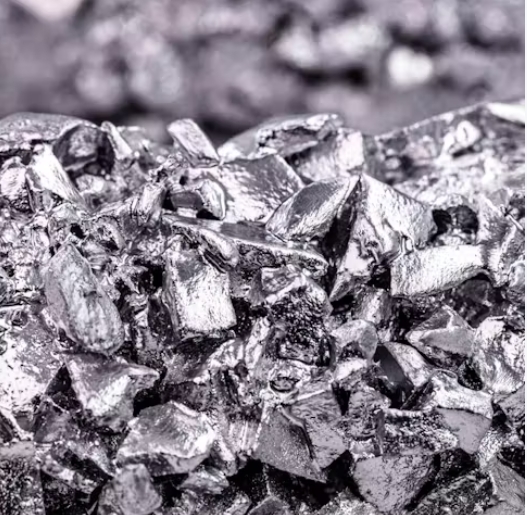
Benefits and Significance:
The use of fluorotitanic acid in the production of titanium metal offers several advantages:
A、Selective Purification: Fluorotitanic acid enables selective purification of titanium metal by removing impurities and excess chlorine, resulting in high-purity titanium suitable for various industrial applications.
B、Process Efficiency: The use of fluorotitanic acid facilitates efficient conversion of titanium ores into metal, contributing to cost-effective and environmentally sustainable production processes.
C、Versatility: The versatility of fluorotitanic acid allows for its application in various stages of the titanium production process, from ore processing to final metal purification.
Fluorotitanic acid plays a critical role in the industrial production of titanium metal, enabling the extraction, purification, and refinement of titanium from its ores. By facilitating selective purification and process efficiency, fluorotitanic acid contributes to the production of high-quality titanium metal for diverse industrial applications, ranging from aerospace and automotive to healthcare and consumer electronics. Its importance in the titanium industry underscores the significance of chemical innovation in advancing materials science and engineering.
- Fluoride Salt
- Ammonium Fluoride
- Sodium Fluoride
- Potassium Fluoride
- Sodium Hydrogenfluoride
- Potassium Bifluoride
- Magnesium Fluoride
- Aluminium Fluoride
- Barium Fluoride
- Lithium Fluoride
- Strontium Fluoride
- Nickel Fluoride
- Zinc Fluoride

